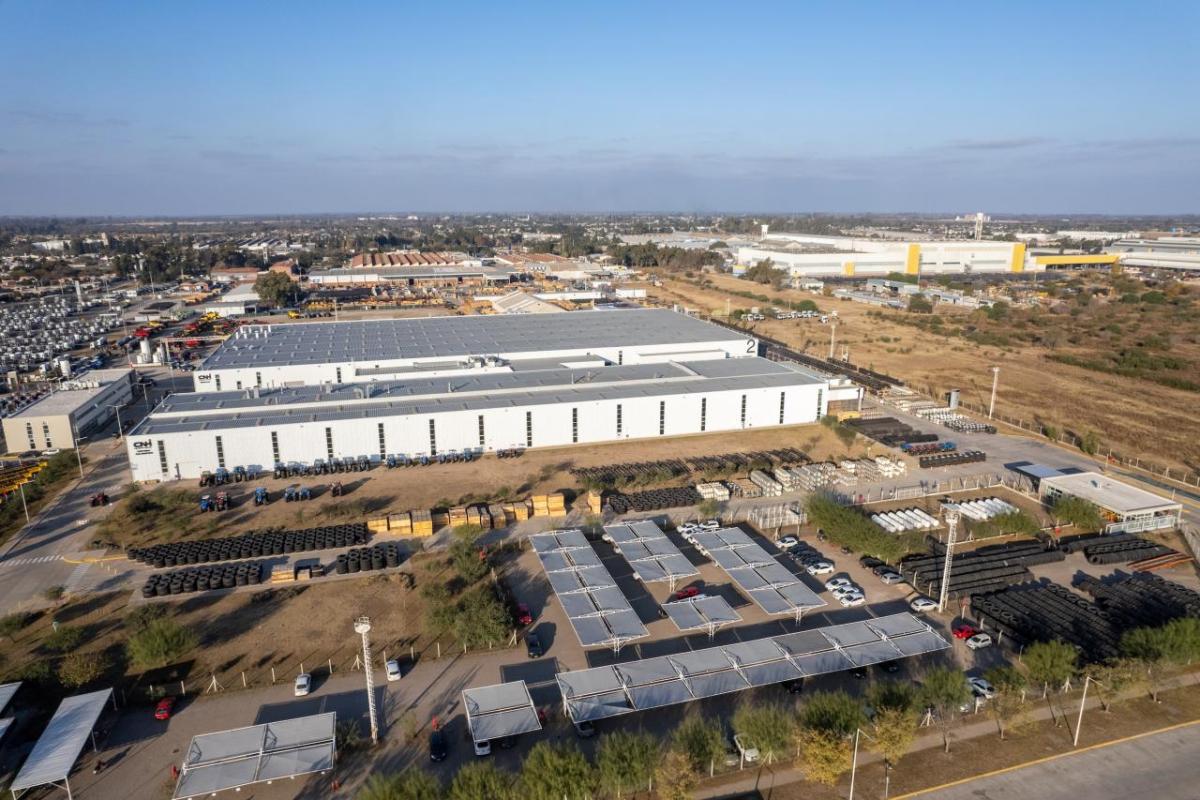CNH: Innovation and Growth in Argentinian Agriculture

With more than 180 years of experience in the industry, World-class equipment, technology and services company, CNH is a recognized leader in agricultural machinery.
The plant in Ferreyra, Córdoba, which opened in 2013, meets the highest manufacturing standards, producing world-class machinery for customers across Argentina. It has a production capacity of approximately 2,000 combines, 800 headers, and 4,000 tractors per year.
With agriculture being increasingly technological and connected, CNH is focusing on the continual education and training – of its dealers, operators, and technicians – alongside students and farmers. The Training and Innovation Center located at the Cordoba site opened in 2019, and to date, more than 11,000 technicians have passed through its doors.
To link the domestic agricultural machinery and technology industry with students, CNH and its agricultural brands have announced academic collaboration agreements with institutions in the region, including the National University of Cordoba (UNC), the Catholic University of Cordoba (UCC), the National Technological University (UTN), the National University of Cuyo (UNC) and the National University of La Plata (UNLP).
This year the company has already hosted 525 students from the Faculty of Agronomy at the National University of Córdoba (UNC)
Agribusiness has undergone major technological developments in recent years, and CNH continues to invest in innovation at its plant in Cordoba, especially in the implementation of an Industry 4.0 space to promote innovation and smart manufacturing in the sector.
The plant has also implemented autonomous robots that supply the tractor production line with delicate parts such as monitors, GPS antennas, controllers, and engines, as well as sending out machine manuals. This has resulted in faster production times, cost reduction, safer operation, and the development of quality control devices. It has also enhanced sustainability – the fused deposition technology (FDM) used in the 3D printer reduces waste, thereby reducing costs.

